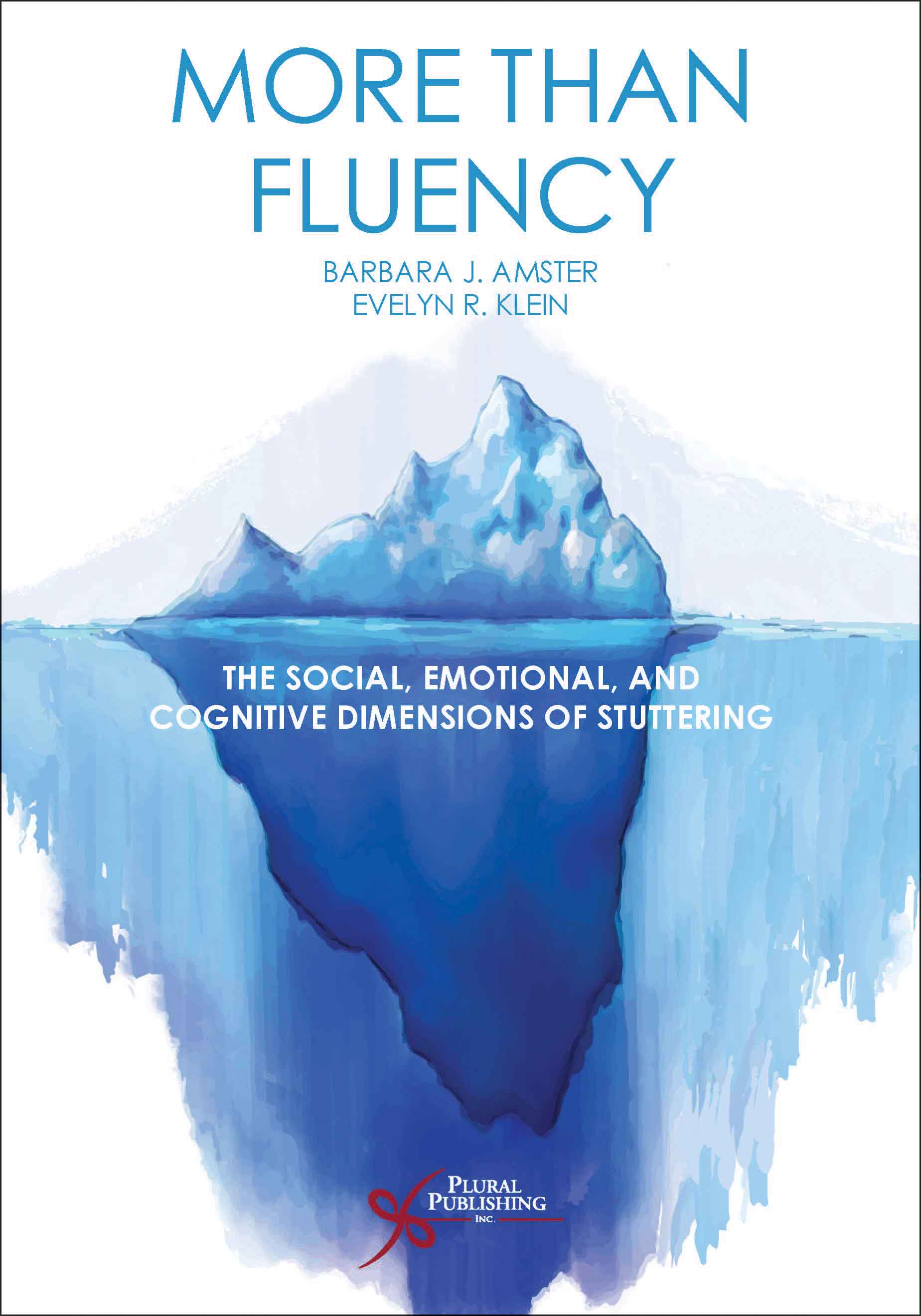
Fluency Disorders.
First Edition
Kenneth J. Logan
Details: 632 pages, B&W, Softcover, 7" x 10"
ISBN13: 978-1-59756-407-6
© 2015 | Available
A new edition is available.
Fluency Disorders is a comprehensive textbook that offers readers in-depth information about fluency-related issues across a range of clinical populations including developmental and acquired stuttering, cluttering, and various types of developmental and acquired language impairment.
Key features of this text include detailed reviews of contemporary research on both typical and disordered fluency, along with analyses of (1) processes integral to fluent communication; (2) various professional perspectives on fluency; (3) etiologies and characteristics of disorders affecting speech fluency; (4) effects of fluency impairment on communication and quality of life; and (5) current clinical approaches to assessing speech fluency and minimizing the impact of fluency disorders through evidence-based prevention and treatment principles.
Fluency Disorders is ideal for graduate courses on stuttering and related disorders of fluency. Readers will learn to describe fluency disorders within the framework of communication and to develop the knowledge and skills necessary for working with clients who have impaired fluency. This approach is consistent with current standards for clinical certification specified by the American Speech-Language-Hearing Association's Council for Clinical Certification (CFCC).
The text is divided into four main sections:
- Foundational Concepts addresses fundamental fluency concepts, the nature of fluent speech production, approaches to describing fluency, and fluency characteristics of typical speakers. This section also addresses issues related to individual differences, cultural and linguistic influences, and fluency changes over the lifespan.
- Etiologies and Characteristics of Fluency Disorders offers detailed information about the causes, symptoms, and correlates of developmental stuttering, cluttering, and acquired stuttering, as well as descriptions of fluency patterns observed in various language disorders and genetic syndromes.
- Clinical Assessment explores key fluency assessment principles, practical methods for collecting and analyzing fluency-related data, and approaches to interpreting assessment results and formulating treatment recommendations.
- Treatment Approaches includes evidence-based principles and strategies for facilitating clients fluency functioning, methods for individualizing treatment plans and evaluating treatment outcomes, and an overview of contemporary approaches used to treat fluency disorders across the lifespan.
With specific, easy-to-follow instructions for conducting clinical procedures, decision-making diagrams, reference tables, and comprehensive coverage of normal bases, disorders, and evidence-based practice, Fluency Disorders is truly distinguishable from other texts in the field.
Reviews
"Fluency Disorders is an outstanding text. Quite comprehensive, it reveals to the reader the why that underlies the ‘how’ of working with stuttering and other fluency disorders. Logan effectively combines research and theory with practical assessment and treatment principles. Rather than simply telling the reader ‘how to do it’, he provides the reader with the information that is necessary to make informed decisions. With the understanding and application of this foundational and clinical knowledge, clinicians will feel more confident about the rationales for their assessments and treatments, and the outcomes of those treatments. Anyone who is interested in carrying out evidence-based practice with their clients with fluency disorders should have a copy of this book and refer to it frequently. It is an ideal text for a graduate class in fluency disorders."
—Robert W. Quesal, Ph.D., CCC-SLP, Professor Emeritus, Department of Communication Sciences and Disorders, Western Illinois University, Macomb, IL (January 2015)
"Overall, Fluency Disorders is well-written and accessible to readers with a wide variety of experience. It offers a comprehensive, multidimensional view of fluency and its disorders, grounded in evidence and theory. . . . This text would be appropriate for use in an undergraduate course on fluency disorders, or an excellent resource for practicing clinicians who are looking to deepen their understanding of fluency disorders."
—Lisa Scott, Florida State University, Tallahassee, FL, USA, in the Journal of Fluency Disorders (October 2017)
Section 1: Foundational Concepts
Chapter 1. Conceptualizing Fluency
Chapter 2. Fluency and Speech Production
Chapter 3. Conceptualizing Disfluency
Chapter 4. Speech Fluency in Typical Speakers
Section 2: Etiologies and Characteristics of Fluency Disorders
Chapter 5. Developmental Stuttering: Basic Fluency Characteristics
Chapter 6. Developmental Stuttering: Correlates, Causes, and Consequences
Chapter 7. Nondevelopmental Forms of Stuttering
Chapter 8. Cluttering
Chapter 9. Other Patterns of Disfluency
Section 3: Clinical Assessment
Chapter 10. Fluency Assessment: Basic Concepts and Data Collection Methods
Chapter 11. Analyzing Speech Samples
Chapter 12. Interpreting Data and Making Recommendations
Section 4: Treatment Approaches
Chapter 13. Treating Fluency Disorders: Goals and General Principles
Chapter 14. Putting Treatment Principles Into Practice

More Than Fluency: The Social, Emotional, and Cognitive Dimensions of Stuttering
First Edition
Barbara J. Amster, Evelyn R. Klein
Details: 242 pages, B&W, Softcover, 7" x 10"
ISBN13: 978-1-59756-995-8
© 2018 | Available

